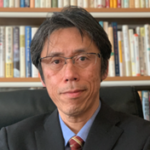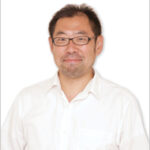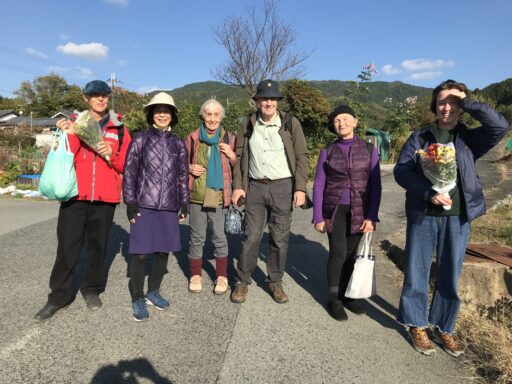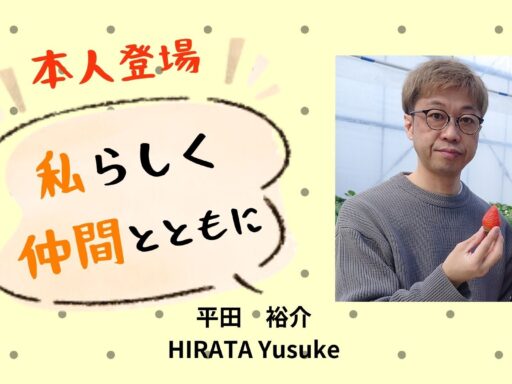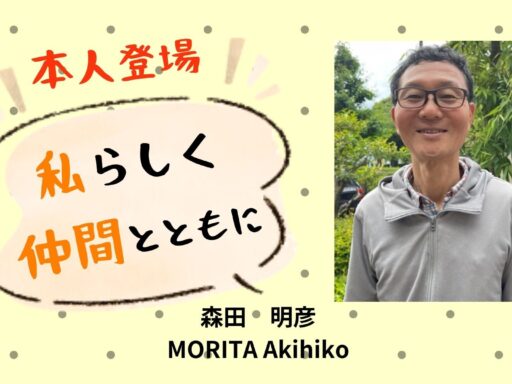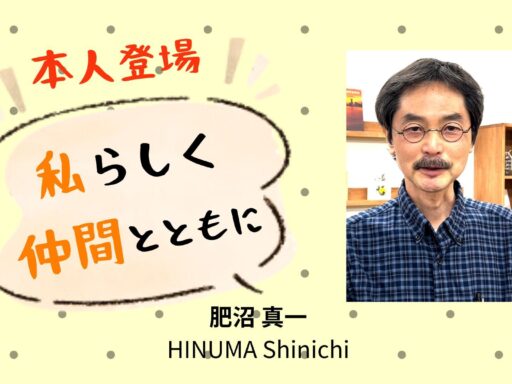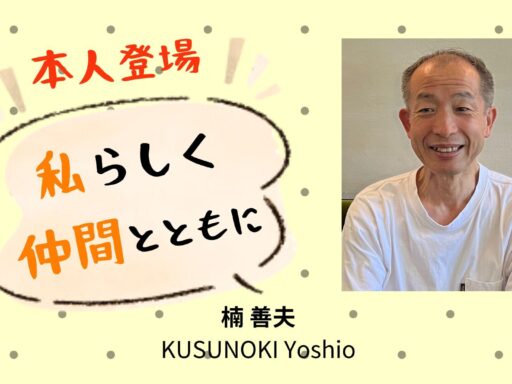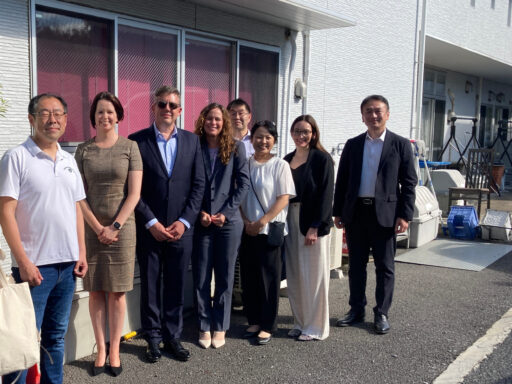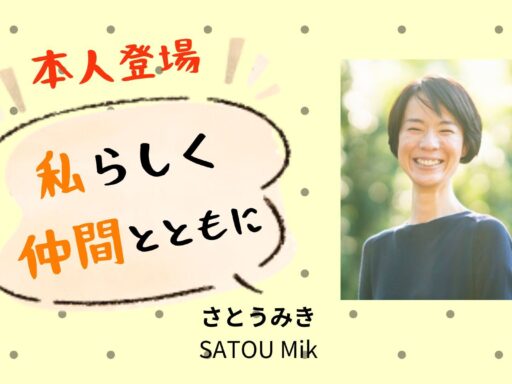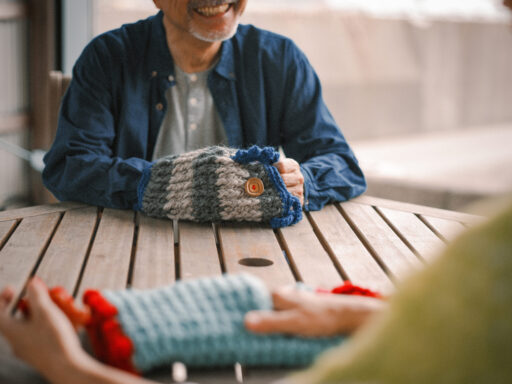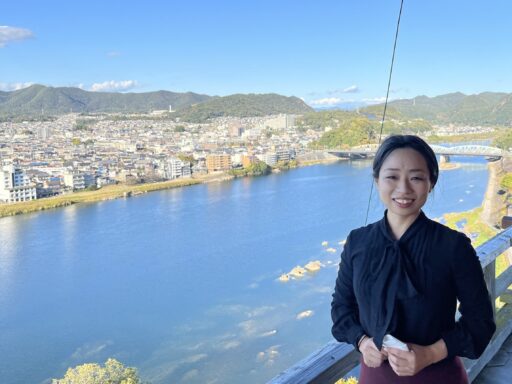Evacuation with my uncle, who has difficulty walking-The experience of the Noto Peninsula earthquake disaster in 2024,~Part 2
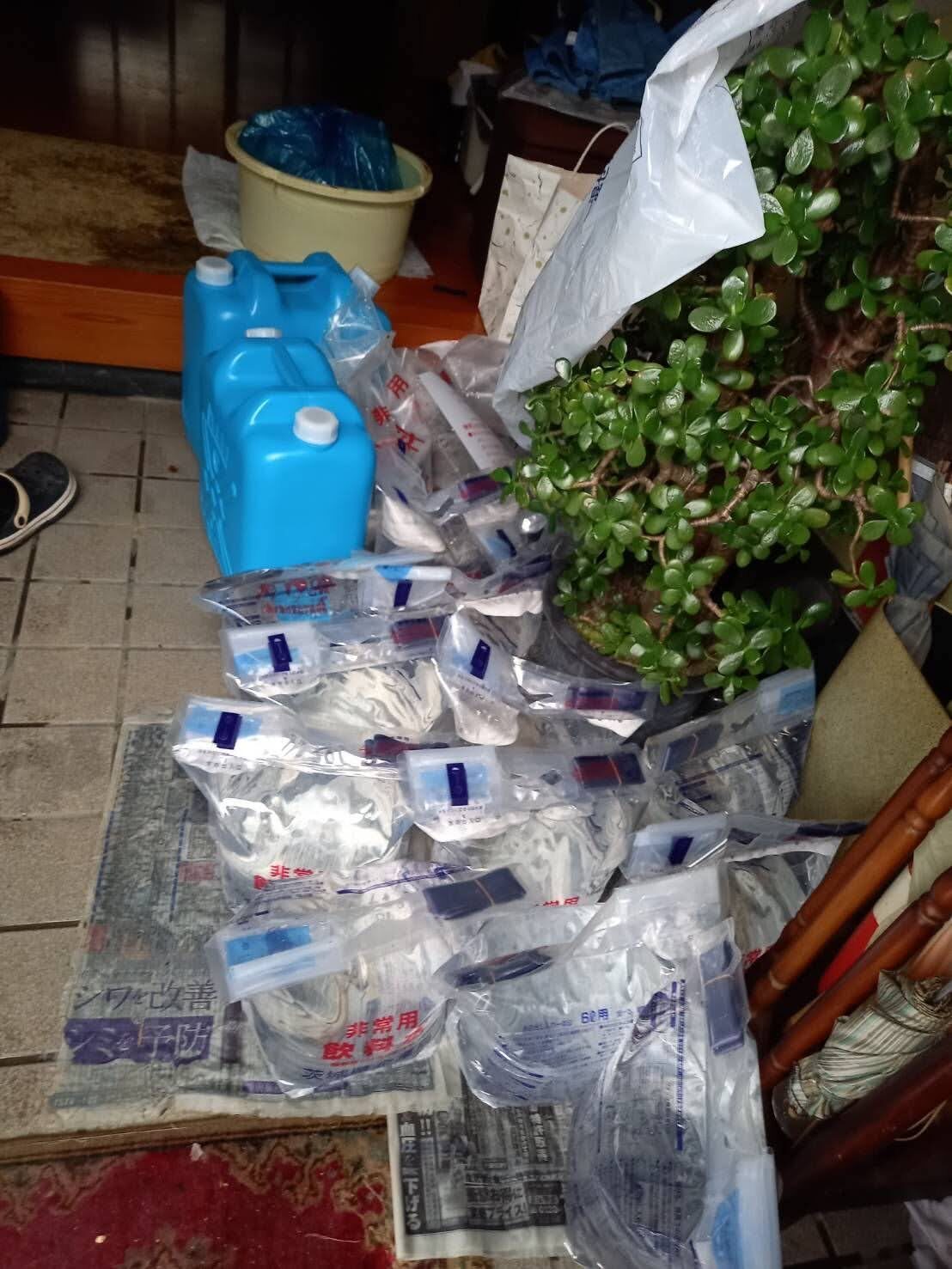
After the disaster at my parents’ house in Shika Town, I returned to Kyoto with my family on January 3rd.
I thought my aunt and her husband would be in the shelter for a while, but after returning to Kyoto, I heard that my aunt and her husband had also returned home, and on January 6, my parents drove back to Shika Town. My mother decided to stay with her older sister and her husband for a while. This is a record of a month and a half before my mother returned to Kyoto.
My mother and aunt (mother’s older sister) and uncle (her husband)
My mother has two sisters, the oldest aunt lives at her parents’ house, and my mother is the youngest sister. My aunt, who is six years older than my mother, is 78 years old, and my uncle, who has a chronic illness and is unable to walk, is 81 years old (requiring long-term care 2).
My aunt’s house needed to be cleaned up due to the earthquake, but they were able to live. Electricity and gas were running, but the water was cut off. In addition, the acceptance of the day service that my uncle usually attends 3 times a week has stopped, and my uncle’s nursing care will be difficult, so my mother was worried about my aunt’s burden, and my mother seems to have decided to return to Shika-town.
Go to Shika Town again. But…
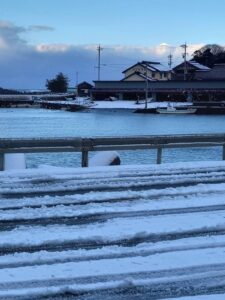
What I took from Kyoto at that time was water (plastic bottles), tissues, toilet paper, wet tissues, wipes, aluminum foil, plastic wrap, retort food, etc.
My mother bought a lot of things and brought them, but she forgot to bring her own medicine (and medicine notebook).
I wasn’t sure what to do, but when I searched online, I found an article in the Asahi Shimbun newspaper dated January 4 that said, “Even if disaster victims are unable to present their insurance cards, they can still receive insurance-covered medical treatment at the normal cost by providing their name, date of birth, and information about their medical insurance (such as their place of employment) to the medical institution. Additionally, as a special measure in disaster-affected areas, if you cannot obtain a prescription for your chronic illness at a medical facility, you can purchase medication at a pharmacy without a prescription if you can provide a record of your medication history, such as a medication diary. Regarding long-term care insurance services, measures have been implemented to allow disaster victims to utilize services without presenting their insurance cards.” (Some details omitted)
In the end, I took a photo of my mother’s medication notebook with my smartphone and sent it via LINE, and she was able to get a prescription at a local clinic, so everything turned out fine.
My mother’s difficulties in the disaster area
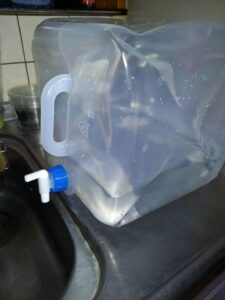
I heard below from my mother.
“The biggest problem caused by the water outage was not being able to flush the toilet. We filled a bucket with water, placed it in the toilet, and used a dipper to flush the toilet. (In some cases, it is not allowed to flush sewage, but it was okay here.) Water was delivered by a light truck, but it was heavy and difficult to carry. The small bags held 6 liters and the large bags held 10 liters. We couldn’t load the 10-liter bags ourselves, so we asked supporters to help us load them.”
We managed to unload it ourselves. Information about where and when to get water was provided via disaster prevention radio (broadcast) or email (which we had registered for in advance). The water provided was drinking water. To avoid wasting it, we collected rainwater from the gutter in buckets and collected spring water from the mountain in front of our house to use for the toilet. We could have walked a short distance to the ditch connecting the river to the rice fields to collect water, but we gave up because it was cold and heavy.
The supermarket was open right away, which was a relief, but the parking lot and the floor inside were uneven in places. I ran into some classmates, but other than that, everyone I met was older than me… Everyone is having a hard time.
About the Bath
From January 6, the bathing facilities in Shika Town began distributing tickets in the morning and offering free access to 660 people per day. About ten days after the earthquake, my aunt and mother took turns to take a bath once each. A few days later, my mother’s second eldest sister, who lives nearby, was able to drain the water from the well connected to the water heater, and water began to come out. They reportedly used this water for bathing and laundry approximately every three days. My uncle was only able to wipe his body and was too afraid to take a bath.
Restarting on senior daycare and water supply
Water supply restoration work progressed gradually from the Kanazawa side, and on January 18, the senior daycare facility was restored and began accepting clients again. My uncle was able to take a bath for the first time in a while on January 20. Then, on January 25, my aunt’s house finally had water restored. Excitedly opening the main water valve, she confirmed that the kitchen and bathroom were working fine, but then water began leaking from the bathroom floor (!?). As a result, the water supply had to be temporarily suspended due to necessary repairs, and the main valve had to be closed again. Repairs could not be done immediately, so they had to wait a bit longer, but on February 4, repairs were finally completed, and the water supply was restored. Apparently, the pipes under the floor were damaged. There were also cracks in the walls of the house, tiles had fallen off, and there was water leakage. It is important to take photos of the damaged areas and keep a record of them. When applying for a disaster certificate at the town office, someone from the town office came to inspect the damage and confirmed the current situation and photos. (The disaster certificate arrived around the end of February, stating “partial damage.”) Fortunately, we had earthquake insurance, and an insurance company representative also came to inspect the damage. The costs for repairs such as fixing the toilet leak and roof repairs will be covered by the insurance payout.
With the water supply restored and senior daycare back up and running, my aunt and uncle’s life finally returned to normal, and my mother returned to Kyoto. My aunt’s daughters were unable to stay with her for long periods of time due to their busy work schedules and children preparing for exams, so my mother was very grateful.
I thought my mother was amazing for returning to her aunt’s house without hesitation to help her. We don’t know where earthquakes will strike in Japan. What we can do now is imagine what would happen if our homes lost power and water, stock up on daily necessities and preserved foods, and prepare ourselves mentally.
Translated by Yuko MAKINO



